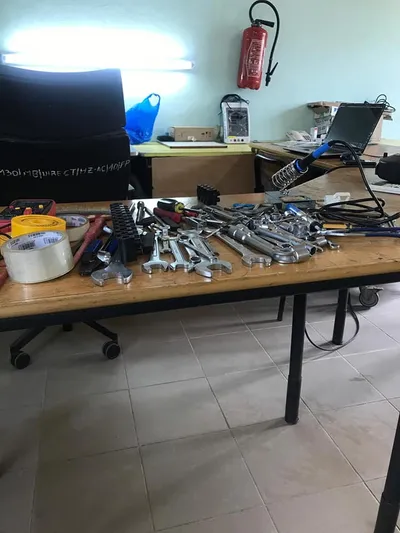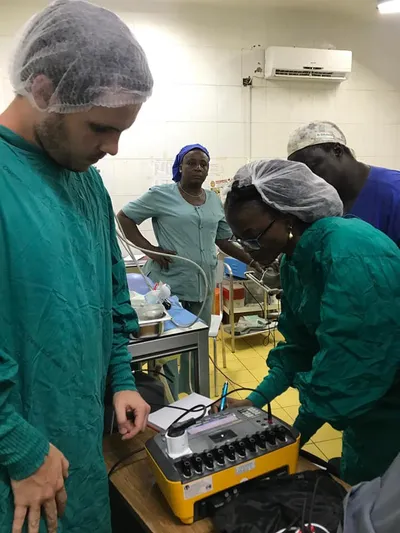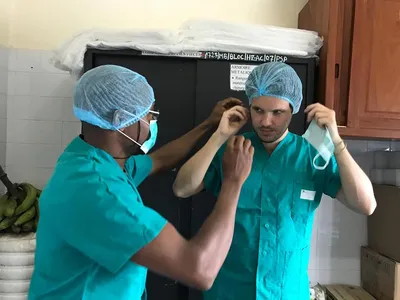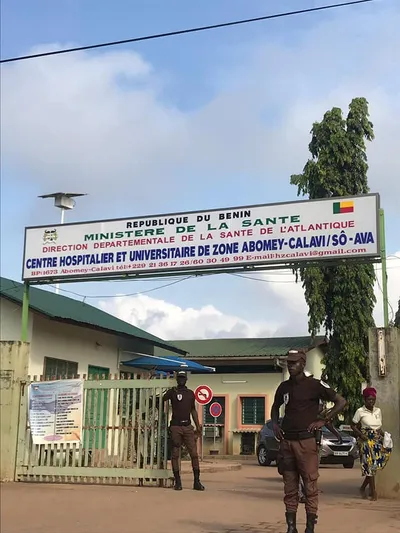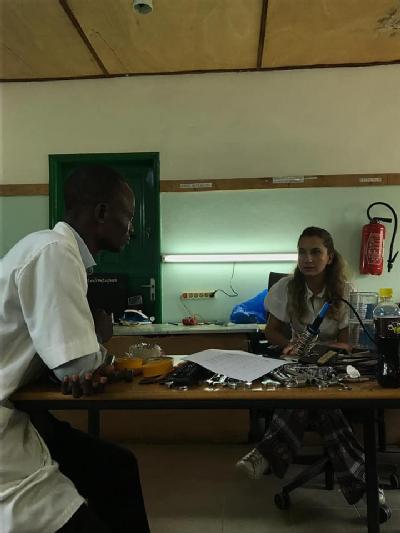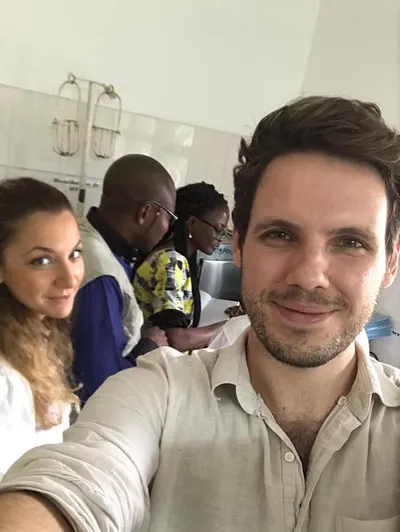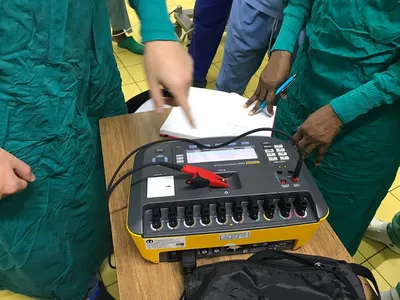News: ABSPIE recent initiatives
5G and Wellbeing: an opportunity for researchers, staff and students
5G will be leveraged to realise new opportunities for regional businesses, academic researchers, University staff and students. Warwick is the first University campus that has proactively been given 5G activation by BT.
Learn how this can change our lives.
Hear from expert speakers:
Wendy Coy – Director of Operations, Innovation Group, and Facilitator
David Plumb – Chief Innovation Officer, Innovation Group, University of Warwick
Lucy Baker – Service Technology Director, CTIO, BT Enterprise
Darren Farmer – Business Development Director, BT
Professor Theodoros N. Arvanitis holds the Chair of Digital Health Innovation and he is the Director of The Institute of Digital Healthcare, WMG, at University of Warwick.
Dr Leandro Pecchia – Associate Professor (reader) of Biomedical Engineering. Director of the Applied Biomedical Signal Processing and Intelligent eHealth Lab
Robert Franks – Managing Director of West Midlands 5G Limited
ABSPIE Lab COVID-19 contingency activities
The Applied Biomedical Signal Processing Intelligent eHealth (ABSPIE) Lab has been deeply dealing with COVID-19 since the first few cases in the UK.
Led by Dr Pecchia, the ABSPIE Lab multidisciplinary Team has been involved in several activities, briefly described below, giving a significant contribution to tackle the COVID-19 pandemic.
ABSPIE in Benin: field study on medical device working conditions and the application of international directives
Three members of the lab, are in Benin, Africa, to perform two field studies.
Davide Piaggio and Busola Oronti are two PhD student with a background in biomedical engineering and medical devices. Both are IFMBE Clinical Engineering Division collaborators. In this field study Davide and Busola are testing medical devices considering international standards and regulations for electric safety.
In fact, it is know that medical devices in Africa struggle to work as in Europe, but there is no evidence of the real reasons why this is. The aim of this study is to produce evidence on reasons why medical devices fail to work safely and effectively. This will inform the design of more resilient medical devices.
Meanwhile Alessia Maccaro, Philosopher with a PhD in bioethics, is investigates the implications of adopting EU regulations in Africa. Our hypothesis is that the uncritical adoption of international regulations can result in risky and unethical working conditions.
